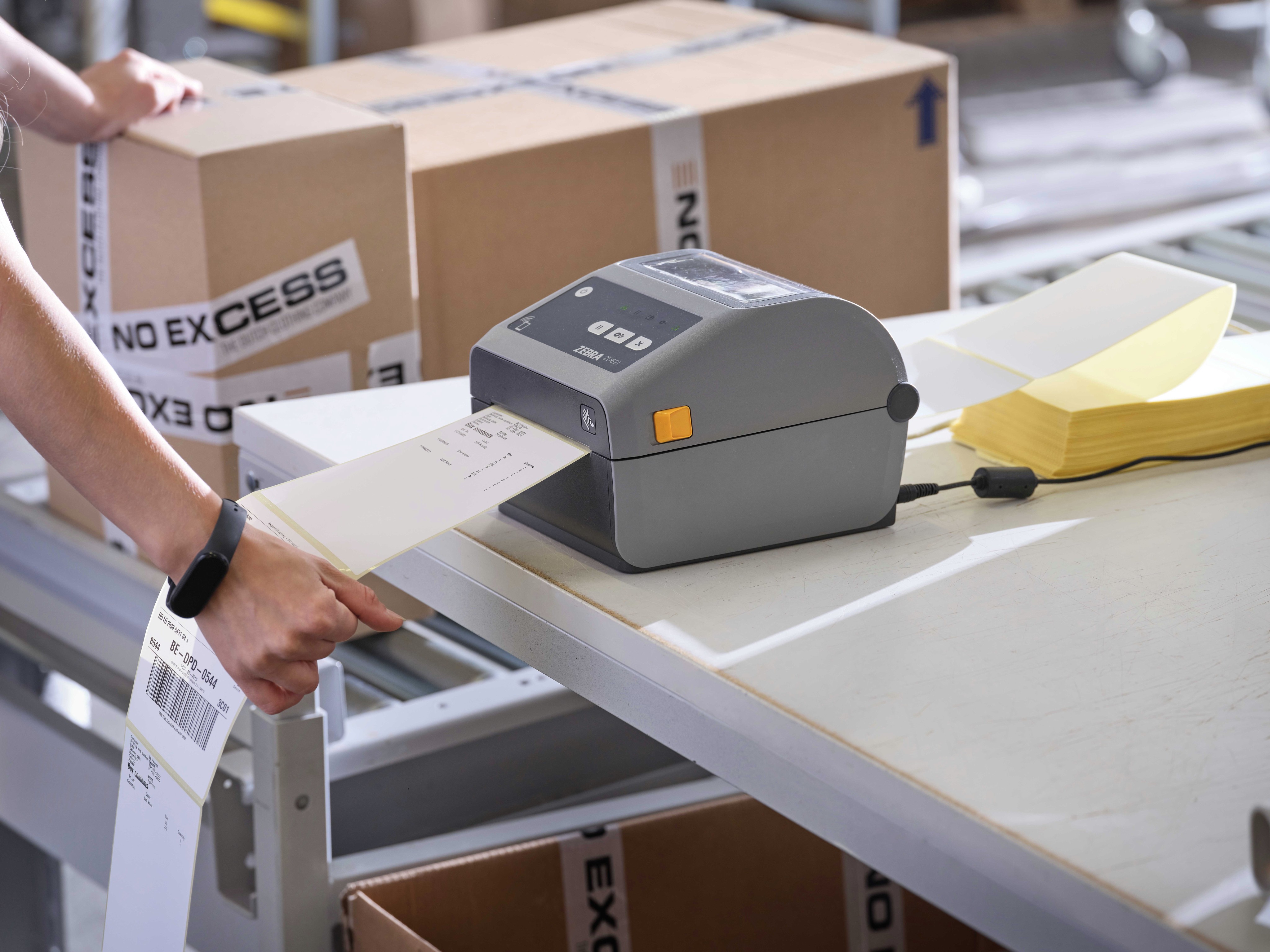
The next big step: near-perfect data analysis with RFID
The next big step: near-perfect data analysis with RFID
Mar 13, 2023
In today's data-driven world, the accuracy and completeness of data are critical to the success of any data analysis project. Data analysis can only be effective if the data being analyzed is both accurate and complete. Unfortunately, many businesses struggle to achieve this, often leading to flawed analysis and poor decision-making. Fortunately, RFID technology can help businesses achieve greater accuracy and completeness in their data, leading to better insights and more informed decision-making.
RFID technology provides businesses with a fast, reliable, and automated way to collect data. RFID tags can be attached to products, assets, and other items, allowing them to be tracked throughout the supply chain. The tags can be read by RFID readers, which can collect a wide range of data, such as location, temperature, and other attributes.
By using RFID technology, businesses can automate the data collection process, eliminating the need for manual data entry or barcode scanning. This not only saves time but also reduces the risk of human error, ensuring that the data collected is accurate and complete.
For example, in the healthcare industry, RFID technology can be used to track the movement of medical equipment throughout a hospital. By attaching RFID tags to equipment, hospitals can ensure that the equipment is in the right place at the right time, reducing the risk of equipment being lost or misplaced. This not only improves patient care but also helps hospitals to make more informed decisions about equipment usage and maintenance.
In the retail industry, RFID technology can be used to track the movement of products throughout the supply chain. This enables businesses to gain visibility into inventory levels, sales trends, and customer behavior. By having a complete picture of their operations, businesses can make better decisions about inventory management, product placement, and marketing strategies.
In conclusion, data accuracy and completeness are critical to the success of any data analysis project. By using RFID technology, businesses can automate the data collection process, ensuring that the data being analyzed is accurate and complete. This leads to better insights and more informed decision-making, ultimately driving business success.
In today's data-driven world, the accuracy and completeness of data are critical to the success of any data analysis project. Data analysis can only be effective if the data being analyzed is both accurate and complete. Unfortunately, many businesses struggle to achieve this, often leading to flawed analysis and poor decision-making. Fortunately, RFID technology can help businesses achieve greater accuracy and completeness in their data, leading to better insights and more informed decision-making.
RFID technology provides businesses with a fast, reliable, and automated way to collect data. RFID tags can be attached to products, assets, and other items, allowing them to be tracked throughout the supply chain. The tags can be read by RFID readers, which can collect a wide range of data, such as location, temperature, and other attributes.
By using RFID technology, businesses can automate the data collection process, eliminating the need for manual data entry or barcode scanning. This not only saves time but also reduces the risk of human error, ensuring that the data collected is accurate and complete.
For example, in the healthcare industry, RFID technology can be used to track the movement of medical equipment throughout a hospital. By attaching RFID tags to equipment, hospitals can ensure that the equipment is in the right place at the right time, reducing the risk of equipment being lost or misplaced. This not only improves patient care but also helps hospitals to make more informed decisions about equipment usage and maintenance.
In the retail industry, RFID technology can be used to track the movement of products throughout the supply chain. This enables businesses to gain visibility into inventory levels, sales trends, and customer behavior. By having a complete picture of their operations, businesses can make better decisions about inventory management, product placement, and marketing strategies.
In conclusion, data accuracy and completeness are critical to the success of any data analysis project. By using RFID technology, businesses can automate the data collection process, ensuring that the data being analyzed is accurate and complete. This leads to better insights and more informed decision-making, ultimately driving business success.

Interested in RFID?
Or do you want to know more about RAIN RFID and our Harmony platform? Leave a message, and we'll get back to you as soon as possible!
Interested in RFID?
Or do you want to know more about RAIN RFID and our Harmony platform? Leave a message, and we'll get back to you as soon as possible!
